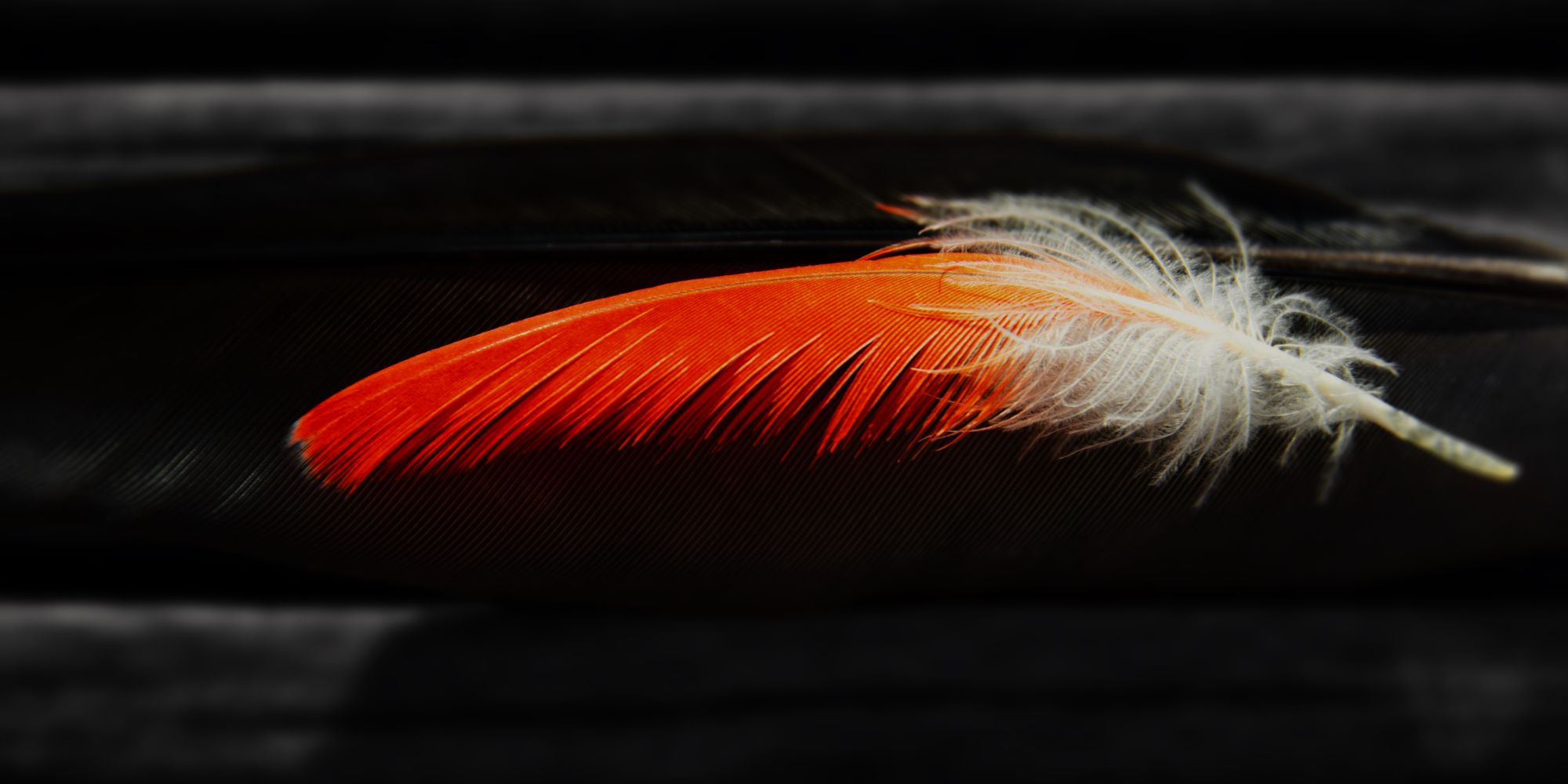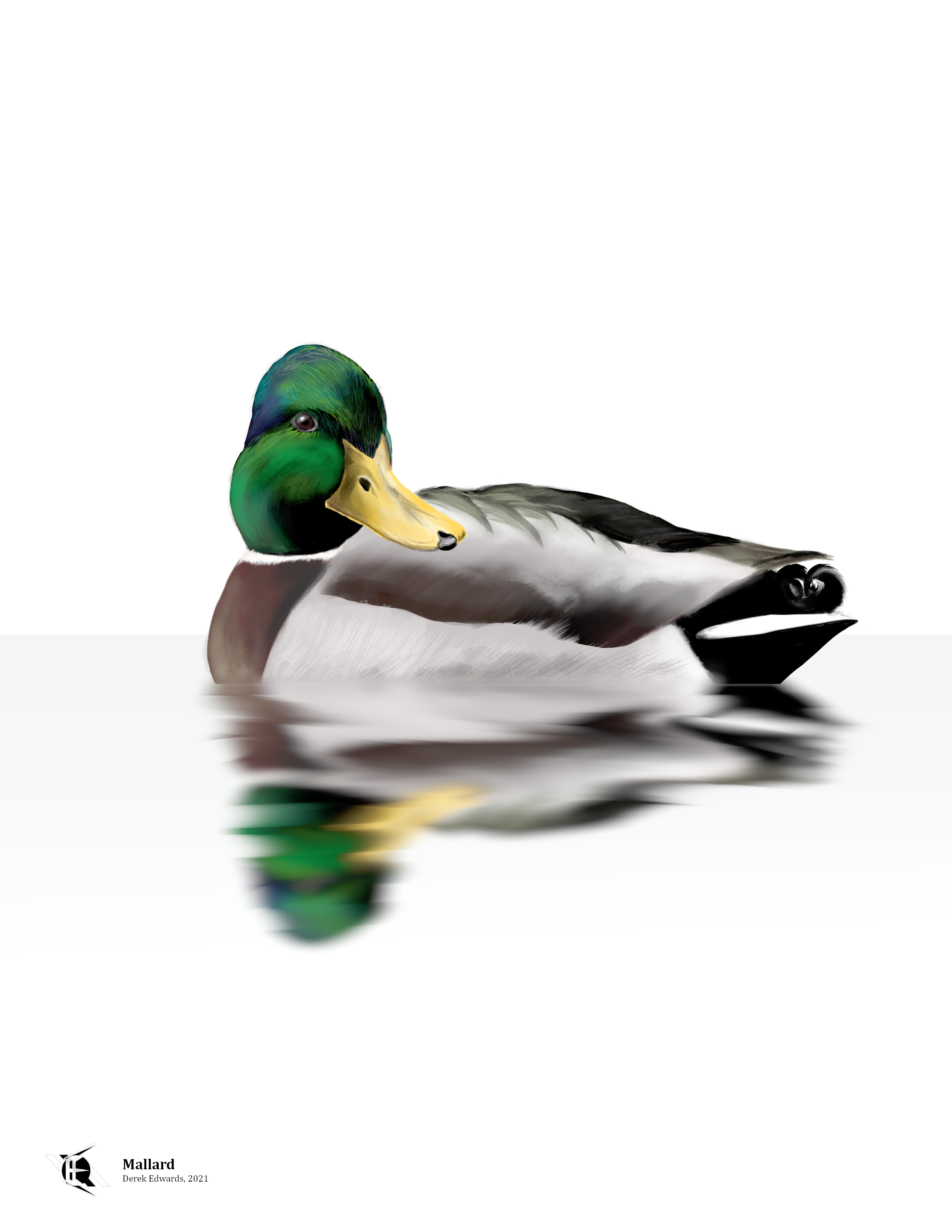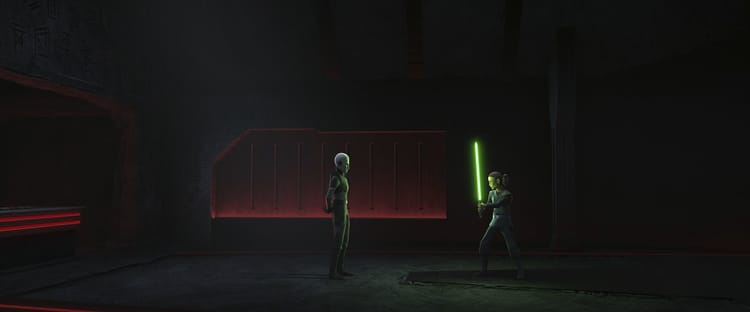
Running Commentary 8/23/2021
Hello,
I've been thinking about Georgia, or, more properly, the Georgias. There's the state, on the southern Atlantic seaboard, and then there's the country in the north Caucasus. This gets confusing for Americans, especially when we talk about the state and non-Americans first think of the country. But here's the thing: the country of Georgia isn't called Georgia by Georgians. The people there call it "Sakartvelo". This isn't unheard of; Greece, Germany, Japan, and several other countries call themselves something completely different than what English-speakers call them. But, since there is another Georgia, whose people call it Georgia, I propose we Anglophones also call Caucasian Georgia Sakartvelo.
Anyway...
Watching...
Jeopardy
Lately Jeopardy's been replaying episodes from ~10 years ago, and I must say the set sure used to be a lot busier than it is today. All that copper tile...
But that's not what you're wanting to hear about regarding Jeopardy this week. No, the big news is that Mike Richards resigned after shooting a weeks worth of shows as the new host, and another round of guest hosts will be brought in for consideration. Richards, who had been made the game show's executive producer at the beginning of Alex Trebek's last season before his death, was left to find a new host, and, after a long series of candidates, more or less selected himself. This rubbed a lot of fans the wrong way. And there were reports of pervy conduct in his previous role producing The Price is Right. Altogether, Richards seems to have decided it's best that he remain behind the camera. Just as a host, I thought Richards was competent but not terribly interesting, ranking around the middle of all candidates. I remain a Buzzy Cohen partisan, but I'll be interested in seeing who else gets a go. We'll start adding to the guest host ranking with the next season.
Playing...

Warframe
I'm sorry to say that I've given up on the Waverider quest. My PC can play regular Warframe fine, but the big open world maps don't run super smoothly. I've never gotten the hang of K-Drives, and trying to learn how to do all the tricks for the quest, and trying to land them with my PC lagging, was just a frustrating experience. So I set out on my own quest: find stuff to trade for the 325 plat to just buy Yareli outright. That took far less time and was more fun.
So, I have Yareli now. I know that she was not well received at release, but I didn't play her then. She's received some upgrades since then. At time of writing, I haven't even gotten her fully leveled yet. One thing I will say is that her signature ability, the surfboard/squid thing she summons and rides, is not really very useful in most circumstances. Leaving aside the 50/50 odds I've experienced that I'll fall through the map when I enable it, traveling around only really works on open, relatively level ground. On most tilesets, I wind up either falling down chasms or stuck behind/under things. I'll have a more complete evaluation soon, once I've played her a bit more in different scenarios.

Bird of the Week
In doing Bird of the Week, I really enjoy getting to draw and research so many kinds of birds from all around the world. and getting to share with all of you birds you may have never heard of or never noticed or never went searching for out in the field. But I also don't want to leave more common birds unappreciated. So this week we have the Mallard, far and away the most commonly sighted duck in the world.
Mallards are relatively large dabbling ducks found throughout the Northern Hemisphere, with introduced populations existing in southern Australia and New Zealand. The Mariana Mallard, which is sometimes considered a subspecies, was formerly found on the Mariana Islands before their extinction in 1981.2 Wild mallards are also the ancestors of most domestic breeds of duck. Mallards can be found anywhere there is open freshwater, be that a lake, a river, a pond, a fountain, a drainage reservoir, or a large puddle. They do tend to avoid the sea and chemically treated pools, as well as fast-moving water, but otherwise, where they can swim, they will. Indeed, it is my experience that mallards prefer close quarters with humans to seclusion in the bodies of water other, shyer waterfowl can be found in. Mallard drakes can be readily identified by their solidly iridescent-green heads and yellow bills, and their silhouettes are distinguished by their curly tail feathers. Mallard hens are a mottled brown, looking very similar to the hens of several related species.
The name "mallard" comes from the French term for a wild duck, which might ultimately derive from a man's name. When he was putting together the beginnings of the modern taxonomic system, Carolus Linnaeus actually named the mallard twice, first as Anas platyrhynchos and later as Anas boschas. The latter is the Greek word for duck followed by the Greek word for the mallard particularly. The former (which Linnaeus seems to have applied to the female in particular) means "broad-nosed duck" in Greek. Which...yes, indeed, a mallard's bill is broad, but not moreso than other Anas species. (Its bill does look a bit like the head of a cartoon dog) Today the original name platyrhynchos is used by ornithologists.
Actually, since we're looking at the ur-duck this week, I'll talk about the origin of the term "duck" itself. In English, "duck" has two meanings. One sense of the word is a noun referring to mallards and similar birds, and the other is a verb referring to the act of diving out of the way of something. Both senses of the word derive from an old Germanic word meaning "to dive". The early English applied the name "duck" to ducks because they dive or dip under the water to eat, and the slang term stuck. (In Africa, there is a small woodland antelope whose habit of diving into underbrush when approached led Afrikaans-speaking settlers to name it the "duiker", deriving from the same old word.)
I've mentioned in the past that ducks, and mallards especially, would fare poorly if judge by human morals. I'm going to get into why in the remainder of this paragraph, and it might be worth censoring this if you read these fun bird features to your kids or something.
Yes, I'd like these nice little ducks ruined for me
Specifically, they have a problem with violent incels, as we might put it. At the beginning of the breeding season, mallards will pair off, and the hen will then lay a clutch of roughly a dozen eggs, at which point the drake will depart. Drakes that get passed over during pairing have been observed to form gangs, which will isolate a hen and take turns forcing themselves on her. At least one instance of a particularly desperate drake resorting to mating with another, deceased, drake was reported in the Rotterdam Natural History Museum's annual journal Diensea.
See the full archive of birds on Notion
Curation Links
Why Pakistani Mangoes Are Near-Impossible to Find in the U.S. | Ahmed Ali Akbar, Eater
The short answer: because they're from Pakistan. The long answer, writes Pakistani-Michigander Ahmed Ali Akbar, involves the lengthy process of importing the fruit, which, due to its delicate nature, has to be eaten within days of arriving in the states, leaving no time to move them onto supermarket shelves. Instead, Americans prizing Pakistani mangoes over the more readily available varieties grown in Florida and Mexico work with rapid-turnaround middlemen selling out of airport warehouses and finding customers on social media.
A Scientist’s Mind, a Poet’s Soul | Algis Valiunas, The New Atlantis
A lengthy profile of Alexander von Humboldt, the Prussian polymath and explorer whose contributions to science are both fundamental and mostly forgotten. Humboldt documented the nature of the Americas in the early 1800s with a Romantic-era passion avoided by modern scientists, producing works that, while outmoded in their approach, are nonetheless regaining popularity as works of non-fiction.
Evidence of Fraud in an Influential Field Experiment About Dishonesty | Anonymous, Data Colada
A post written by an anonymous research team reviewing this 2012 report on dishonesty in reporting odometer readings to car insurance dealers. By examining the comparative precision of reports and the different fonts used in different portions of a spreadsheet file, the authors make a case that the data was not gathered, but rather fabricated.
See the full archive of curations on Notion






Member Commentary